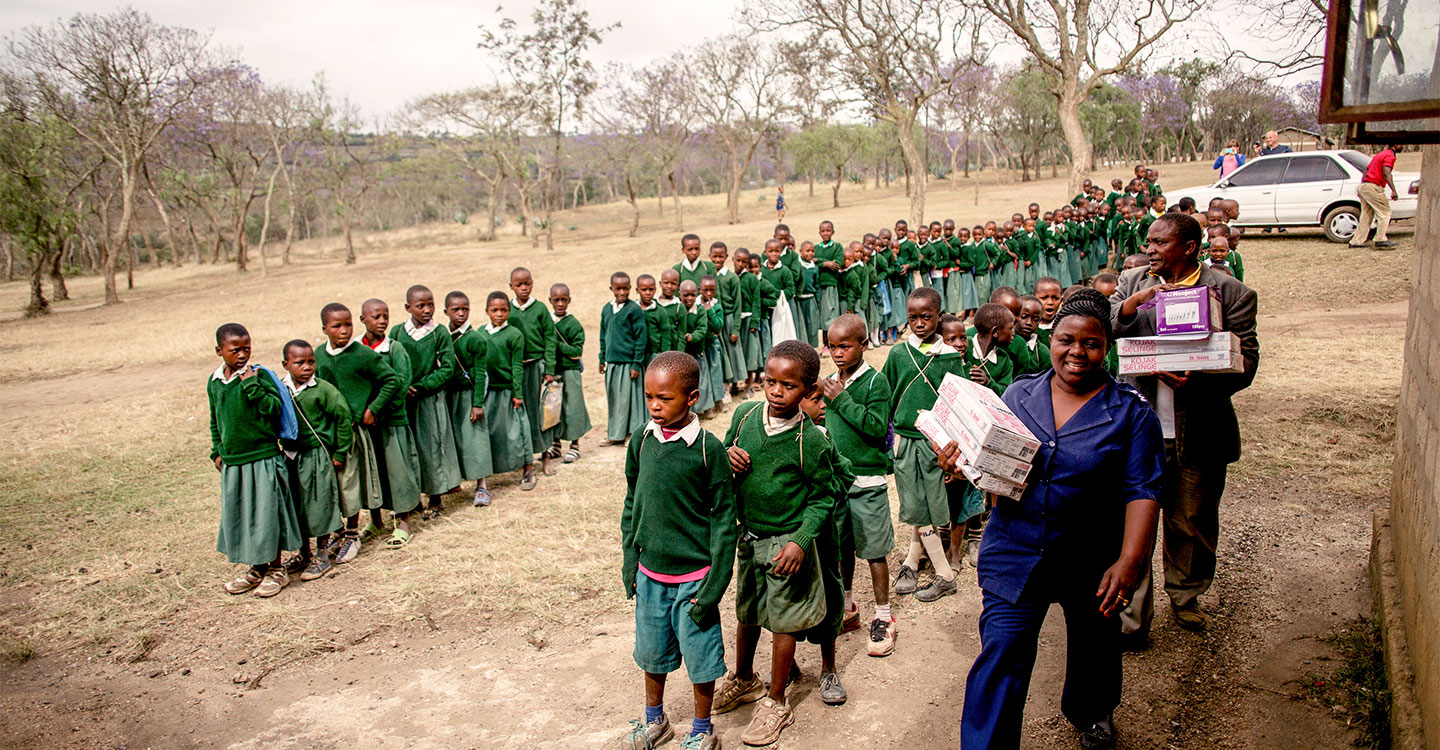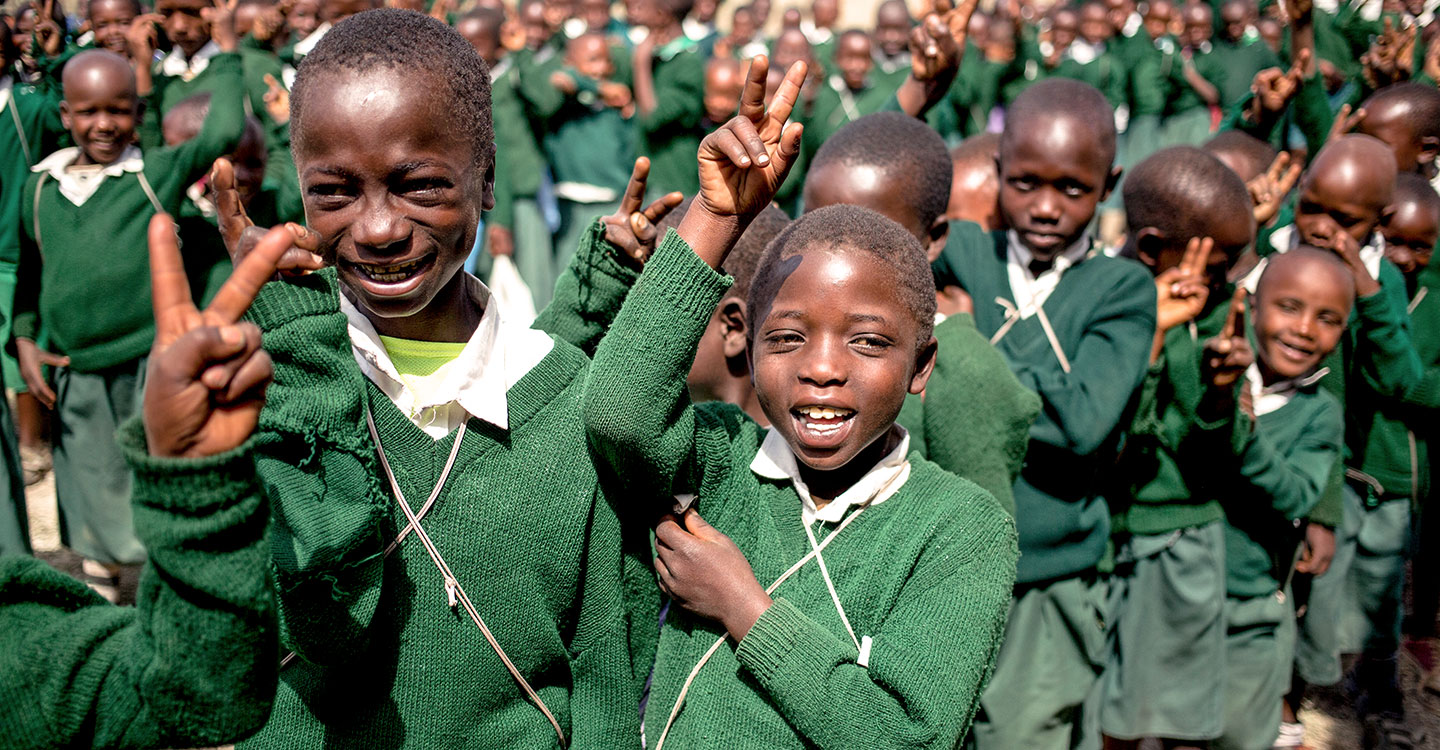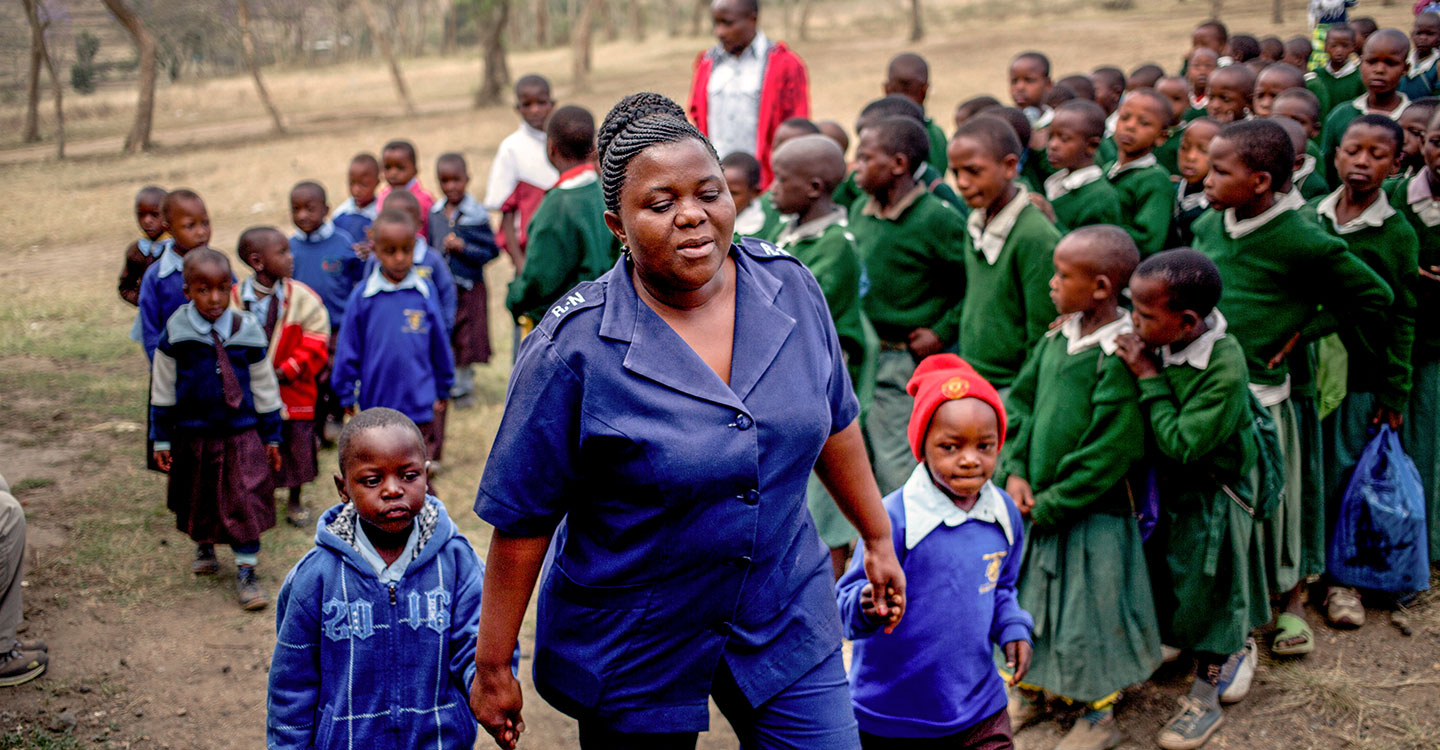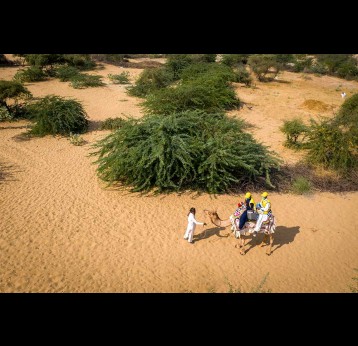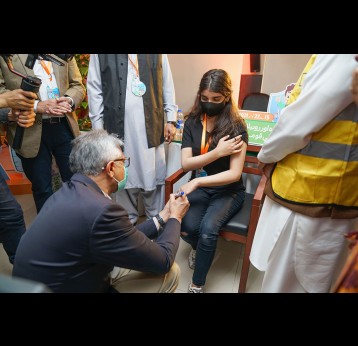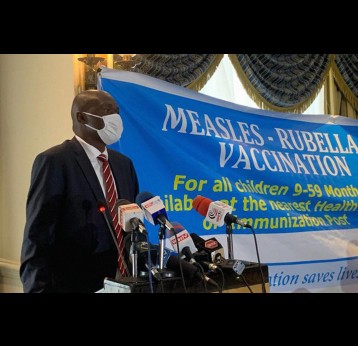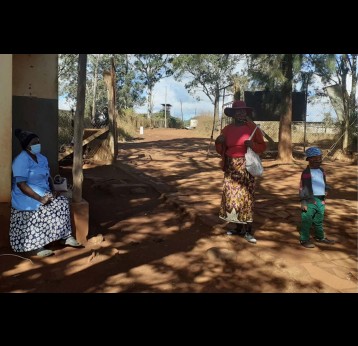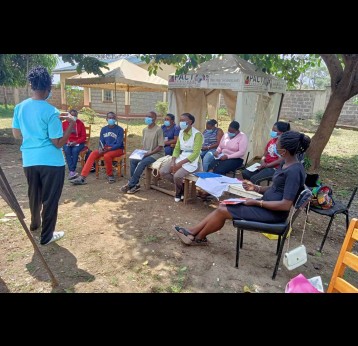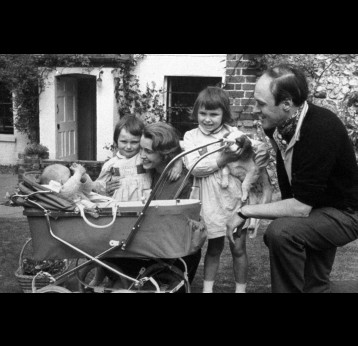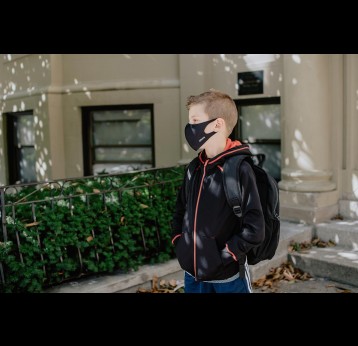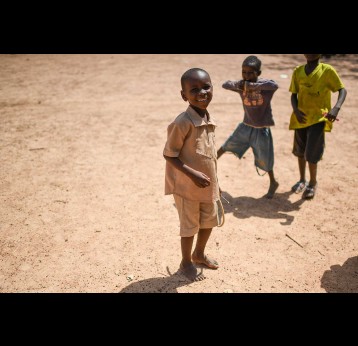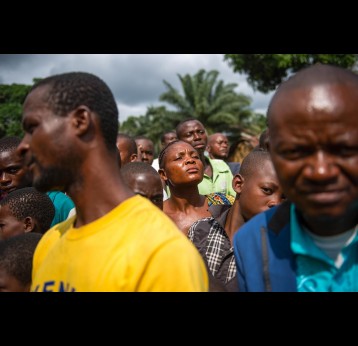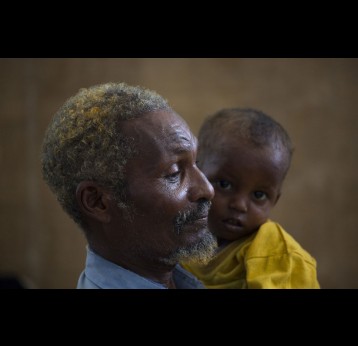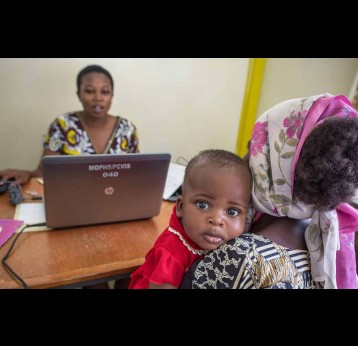NEW MEASLES AND RUBELLA STRATEGY
2017 marked the first year of Gavi-supported measles vaccine introductions and campaigns under our new measles and rubella strategy. The bulk of our support for measles vaccine is allocated towards the combined measles-rubella (MR) vaccine, which also provides protection against congenital rubella syndrome.
The revised approach involves increases in both vaccine support and introduction grants, as well as enhanced technical assistance from Alliance partners. It aims to help countries deliver high-quality plans, implementation and evaluation of routine programmes and campaigns. For instance, countries are required to conduct independent surveys to track campaign coverage.
During 2017, we increased our collaboration with the Measles & Rubella Initiative, which led to clear results in 2018. Focusing on the six countries with the highest number of underimmunised children led to successful immunisation campaigns in Nigeria and Pakistan – using polio eradication workers and systems, and enhanced collaboration between Alliance partners. This resulted in unprecedented levels of coverage: 89% in Nigeria and 93% in Pakistan, close to the 95% level required to confer herd immunity and with large numbers of previously unimmunised children reached.
Given the importance of increasing the number of people protected from measles, the Board also agreed to allow greater flexibility in the use of operational cost support funds to conduct more targeted activities. Burundi, Lesotho, Senegal and Zambia are among the countries expected to make use of this new flexibility.
The results from these campaigns and the options surrounding these flexibilities are good news, but they are no substitute for sustainable routine immunisation.
FOUR TYPES OF SUPPORT
-
Measles and measles-rubella routine immunisation
Gavi supports a first and second dose of the MR vaccine, as well as second dose measles vaccines. Countries contribute to the cost of these Gavi-supported vaccines by co-financing some of the required doses.
Supporting a second dose of the vaccine provides a second opportunity to reach children who missed the first dose. It also produces immunity in the small number of persons who failed to develop it after the first dose
-
Measles follow-up campaigns
Nationwide follow-up campaigns immunise children aged 9–59 months every 2–5 years with measles vaccine. These campaigns are aimed at addressing gaps in measles immunity in the population that is not reached through routine immunisation.
-
Measles-rubella catch-up and follow-up campaigns
Gavi provides support for measles-rubella vaccine catch-up campaigns before the MR vaccine is introduced into the routine system. The campaigns target children aged 9 months to 14 years. By catalysing the vaccine’s introduction into the routine immunisation system, they help to ensure long-term impact on both measles and rubella control efforts.
Measles-rubella follow-up campaigns are also supported by Gavi once the vaccine has been introduced into routine immunisation. Similar to measles follow-up campaigns, these campaigns are aimed at addressing gaps in measles immunity in the population.
-
Measles outbreak response (through the Measles & Rubella Initiative)
Gavi provided US$ 55 million to the Measles & Rubella Initiative (M&RI, formerly the Measles Initiative) for the 2013–2017 period. The funding is used for outbreak response in Gavi-supported countries.
M&RI is a global partnership committed to ensuring no child dies from measles or is born with congenital rubella syndrome. It is led by the American Red Cross, the United Nations Foundation, the U.S. Centers for Disease Control and Prevention, UNICEF and WHO. The M&RI aims to achieve the measles and rubella elimination goals outlined in the Global Vaccine Action Plan.
From other sites
